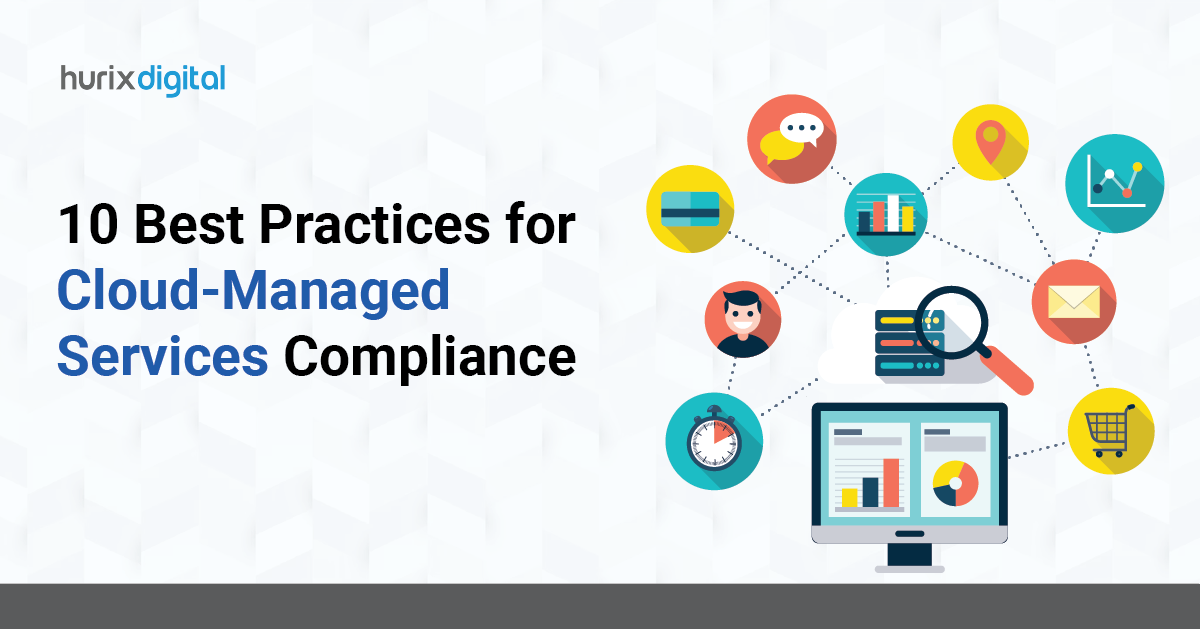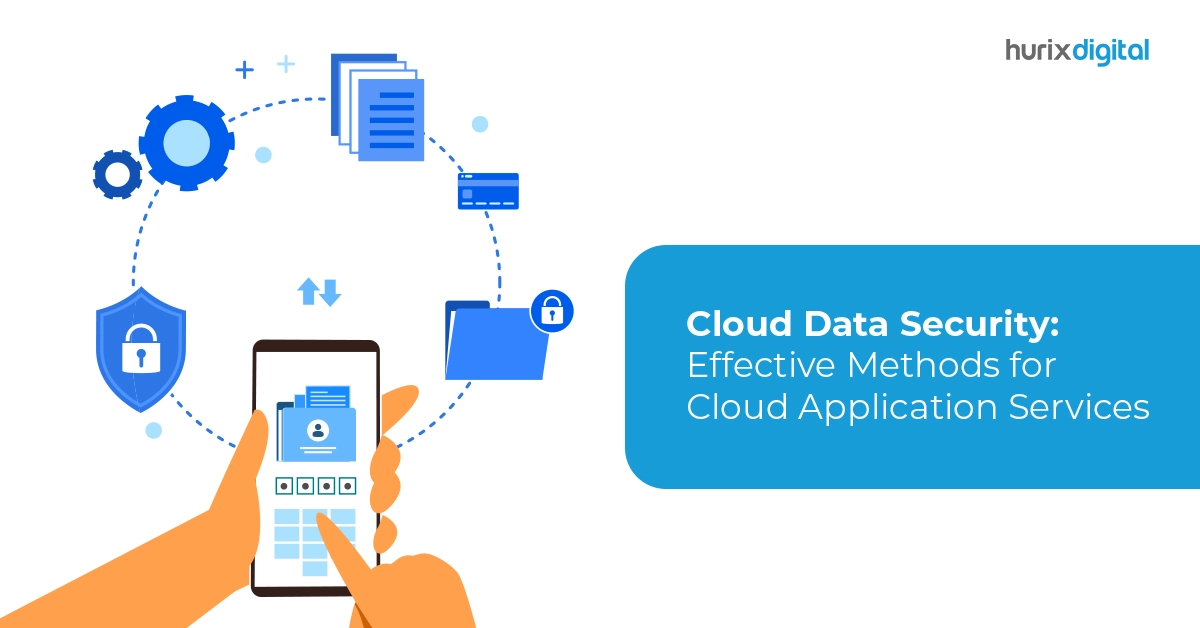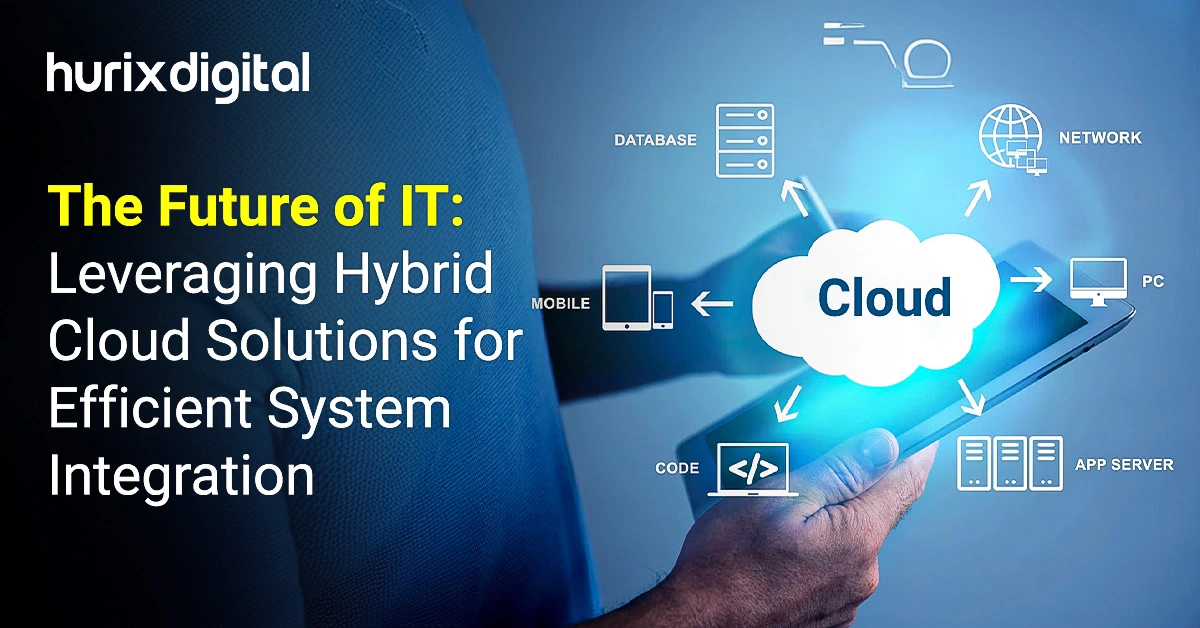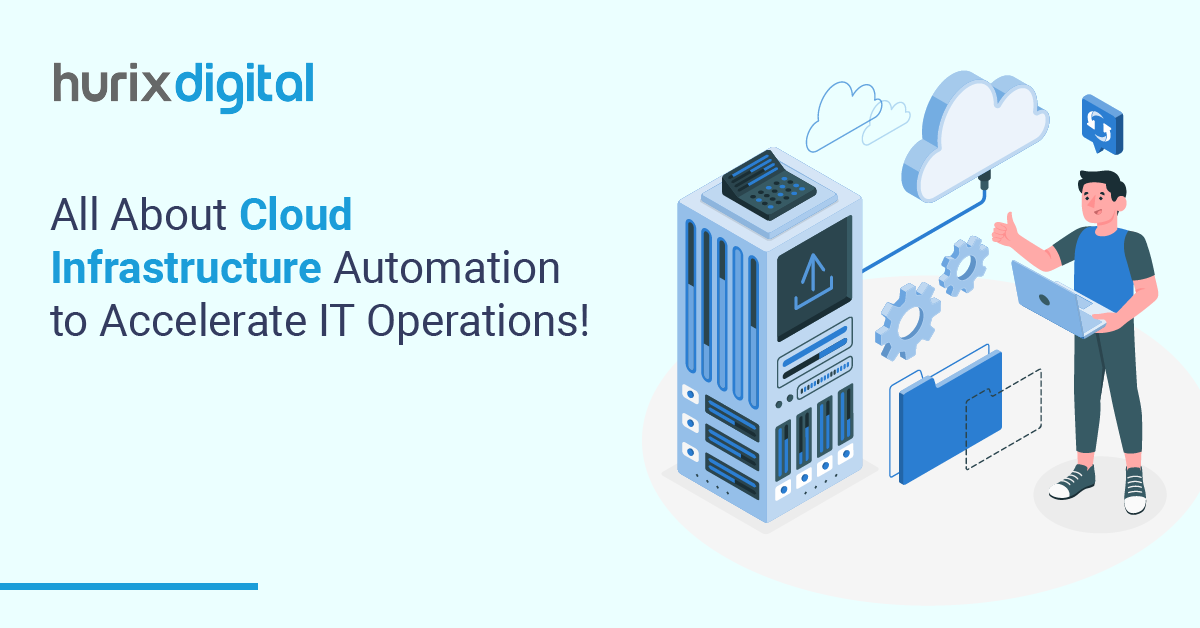
Cost-Effective and Hassle-Free Cloud Solutions for Growing Businesses Bl
Global customers’ spending on the public cloud increased 20.7% and reached $591.8 billion in 2023 from $490.3 billion in 2022. Gartner forecasts this tremendous increase in cloud services, which can be considered the key trend in the present business environment.
Recent research conducted in 2023 discovered a concerning trend: 75% of participants globally reported that over 40% of their data saved in the cloud was considered sensitive, a notable rise from 58% in 2022. This indicates that strict security measures are becoming increasingly necessary to protect this vital data.
Nevertheless, specific knowledge is needed to ensure a successful cloud migration and seamless functioning. Herein lies the use of Managed Cloud Services (MCS). Read on as we examine the key benefits SMEs can reap from adopting this approach.
Table of Contents:
- What are Cloud-Managed Services?
- Understanding Cloud-Managed Service Providers
- Advantages of Cloud-Managed Service Providers
- Strategic Implementation of Cloud-Managed IT Services
- How Cloud-Managed Services Lead to Cost Savings?
- Impact of Cloud-Managed Services
- Benefits of Cloud-Managed Services
- Selecting the Right Cloud-Managed Service Provider
- Wrapping Up
What are Cloud-Managed Services?
Cloud-managed services refer to outsourcing the entire cloud management function to a technology expert. This third-party service provider handles the cloud management lifecycle, from monitoring and maintenance to data security and recovery. The technology partner urgently responds to cloud issues, helping enterprises resolve challenges quickly.
A superior cloud services partner enables businesses to significantly cut costs and optimize operations. Today, contracting cloud-managed services is emerging as a best practice for companies whose primary model is dependent on a fully functional cloud.
In this regard, the head of IT departments ensures that cloud-managed services align with organizational goals and operational needs. They often oversee the selection and management of the cloud services provider, ensuring that service level agreements (SLAs) meet the organization’s performance, security, and compliance requirements.
Understanding Cloud-Managed Service Providers
A cloud-managed service provider is an IT third-party service provider that offers managed services for cloud operations to organizations. These providers engage in various cloud computing services at the structural, application, and security levels.
They help organizations conduct most of their core processes without interruption, so employees deal with essential activities of the organization. Cloud-managed services encompass various offerings tailored to meet diverse business needs. These services include:
- Infrastructure Management: Overseeing servers, storage, and networks
- Application Management: Maintaining and updating software applications
- Security Services: Implementing robust cybersecurity measures
- Data Backup and Recovery: Ensuring business continuity
- Performance Monitoring: Optimizing system performance
- Cloud Migration: The migration from on-premises to cloud environments
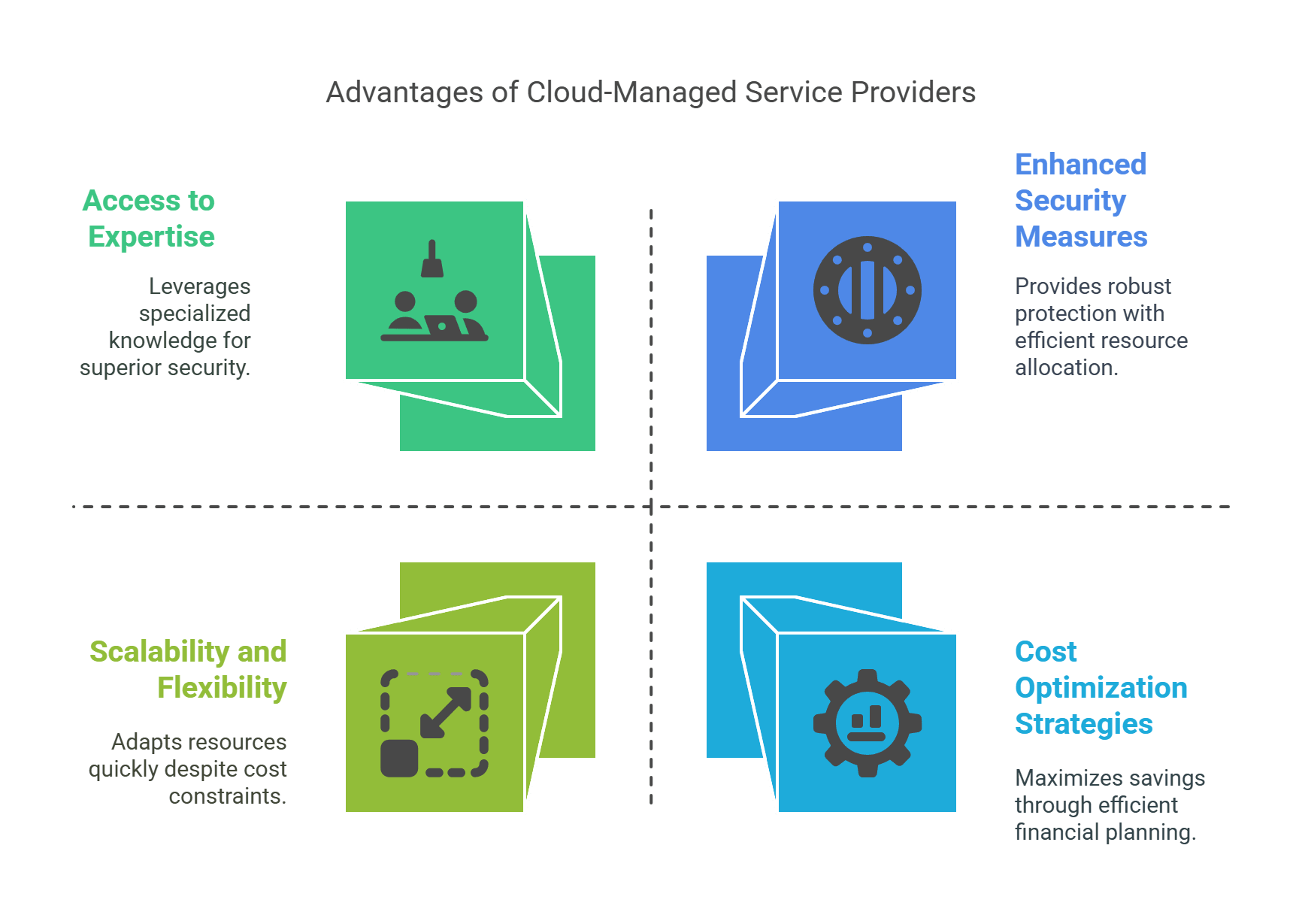
Advantages of Cloud-Managed Service Providers
Cloud-managed service providers have several benefits, some of which are as follows:
1. Cost Optimization
A significant benefit of cloud-based managed services is cost optimization. Outsourcing cloud management leads to a substantial decrease in companies’ IT expenses ( IT operations expenses). This cost reduction stems from:
- Elimination of capital expenses for hardware and software
- There is less demand for internal employees in the IT sector
- Pay-as-you-go pricing models
- Optimized resource allocation
2. Scalability and Flexibility
You can scale up IT solutions with cloud-managed solutions depending on current work demand. This flexibility provides the best solutions regarding resource use and translates to huge savings.
Whether scaling up during peak periods or scaling down during slower times, cloud-managed services adapt to your business requirements seamlessly.
3. Enhanced Security
Security must always be paramount to any IT establishment, especially at this period and age when the incidence of cybercrime is rising. Outsourced cloud services have good layers of security and can sometimes be more effective than what a certain firm can deliver internally. These measures typically include:
- Regular security audits and updates
- Compliance with industry-specific regulations
- /7 Monitoring and threat response
4. Access to Expertise
CMPs are intricate and involve understanding how things work or can be managed in the cloud. From your cloud provider, you can always have access to a professional team to take care of your infrastructure. This expertise extends to:
- Latest cloud technologies and best practices
- Industry-specific compliance requirements
- Performance optimization techniques
- Disaster recovery and business continuity planning
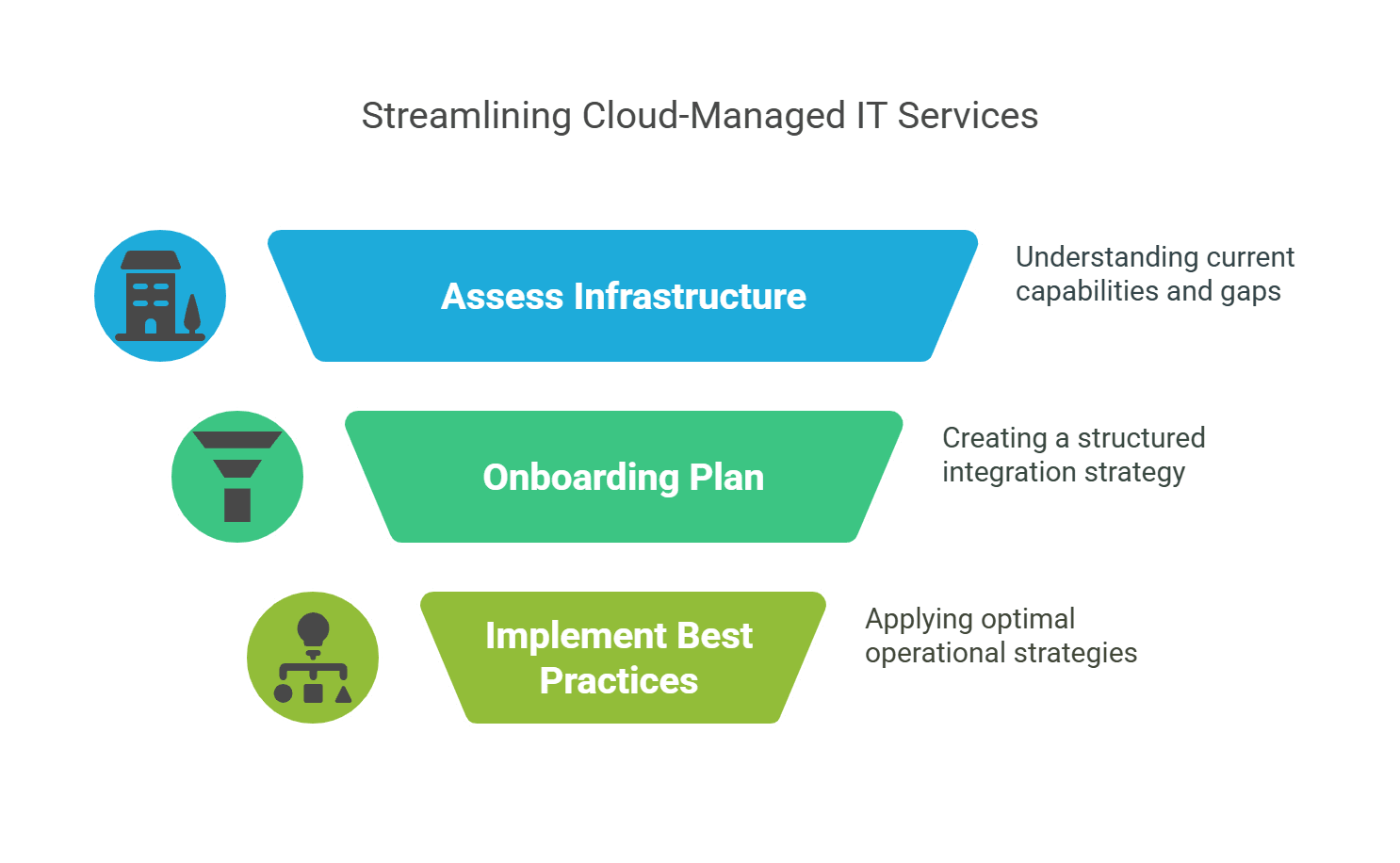
Strategic Implementation of Cloud-Managed IT Services
Implementing cloud-managed IT services strategically involves several key steps that ensure a smooth and effective transition. Here are a few of them:
1. Assessing Your Current IT Infrastructure
The first step to implementing cloud-managed IT services is an assessment of the existing infrastructure. In this case, it assists in determining prospects where change may be needed, spots that may be problematic, and possibilities of the system being enhanced. Key aspects to consider are:
- Current hardware and software inventory
- Network capacity and performance
- Data storage and backup systems
- Security measures and compliance requirements
- Business-critical applications and their dependencies
2. Developing an Onboarding Plan
There must be a clear plan for any change, especially when migrating to cloud-managed services. This plan needs to provide information about the migration process’s flow in terms of the time required and the people and funds that must be allocated.
Key components of an effective migration plan include:
- Prioritizing applications and data for migration
- Defining performance and security requirements
- Create a realistic timeline
- Identifying possible risks and strategies for mitigation
- It is recognizing potential dangers and methods to address them
3. Implementing Best Practices
Implementing best practices in the IT industry guarantees achieving the maximum potential of the cloud infrastructure. Some of these practices are:
- x7 proactive monitoring and events remediation ( This should be added)
- Preventive maintenance across system data, network, and security.
- Regular security audits and updates
- Continuous performance monitoring and optimization
- Implementing robust data backup and recovery procedures
- Ensuring compliance with all the relevant laws and standards
- Continual improvement and implementation of new methods and techniques
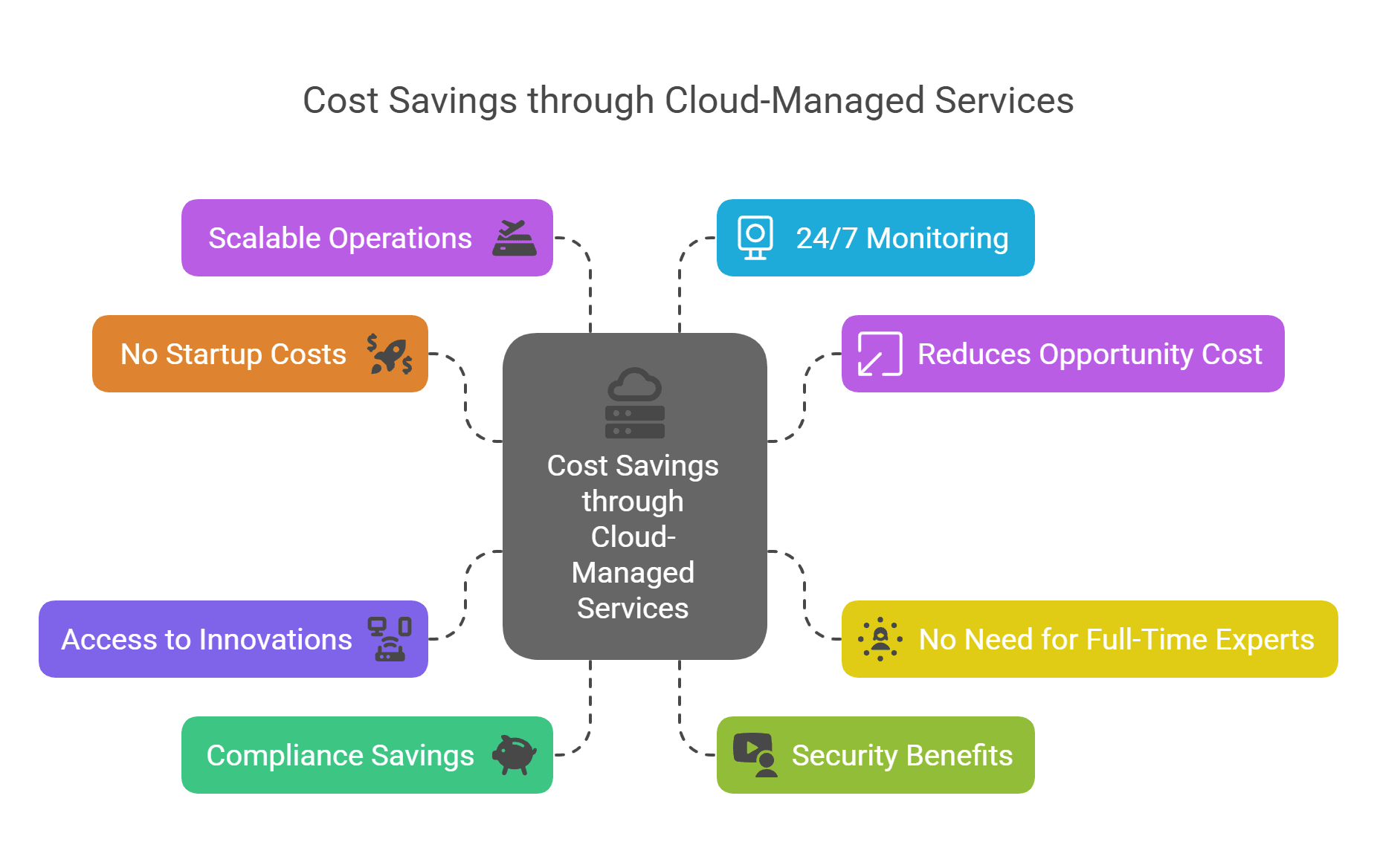
How Cloud-Managed Services Lead to Cost Savings?
Businesses can boost their cloud management savings in multiple ways, as follows:
1. No Cloud Startup Costs
Setting up an in-house cloud management department requires investments in hardware such as servers, software, and the physical space to host the equipment and run the entire operation. Physical security to protect servers and data storage centers is also required. One of the top benefits of managed services is that it reduces IT costs.
2. Reduces Opportunity Cost
Any thriving business must ensure that the cloud is accessible and functioning 24/7. Cloud-managed services comprise a fully dedicated cloud management operation. This dedication ensures that the cloud never stops, ensuring business continuity. In turn, businesses can avoid opportunity costs due to interrupted, inefficient services.
3. No Need to Hire Full-Time Cloud Experts
Skilled cloud professionals today command premium compensation. By outsourcing managed IT services, businesses do not need to hire full-time professionals with cloud management experience. They can also eliminate recruitment and training expenses, bonuses, employee benefits, and other employee-related costs.
4. Access to the Latest Technological Innovations
A cloud technology specialist constantly upgrades its in-house skill set and builds innovative solutions to serve customers better.
Some key cloud computing trends include a focus on energy efficiency, serverless computing, better data storage, industry-specific cloud services, and the use of AI and the Internet of Things (IoT) in cloud computing. Businesses can enjoy the benefits when their partner adopts cutting-edge technology.
5. No Investment in Cloud Compliance and Audits
Businesses in highly regulated financial services, healthcare, and data protection must adhere to stringent guidelines. Regular cloud compliance audits help businesses follow industry-standard best practices. Cloud-managed services ensure that their client networks stay compliant without enduring audit costs.
6. Avoid Cyber Attacks and Data Leakage
Cloud-managed services come with superior investments in data security. Businesses can avoid being prey to hackers. In case of any data breaches, cloud partners can activate their disaster recovery playbook immediately. For instance, they can immediately start isolating any compromised systems.
They can restore data through safe backups. They can proceed to implement strong security measures. On the other hand, cyberattacks and compromised data can lead to lawsuits, loss of reputation and business, and potential shutdowns, all of which come at significant financial costs.
7. Scale Operations Based on Real-time Needs
Businesses must keep changing based on new market conditions, opportunities, and challenges. Access to cloud-managed services empowers businesses to scale up or down quickly and save on costs.
Alternatively, they would need to purchase new servers, hire new staff, downsize, and execute other changes to accommodate constantly evolving needs. With a full-time cloud management partner, they can instantly respond to new opportunities while mitigating financial losses in a market downturn.
8. 24/7 Monitoring of the Cloud
Uninterrupted cloud services help businesses thrive in today’s digital economy. A superior cloud-managed services partner comes with 24/7 monitoring of services to offer uninterrupted service. The cloud partner is always accessible and can troubleshoot in anticipation of upcoming issues.
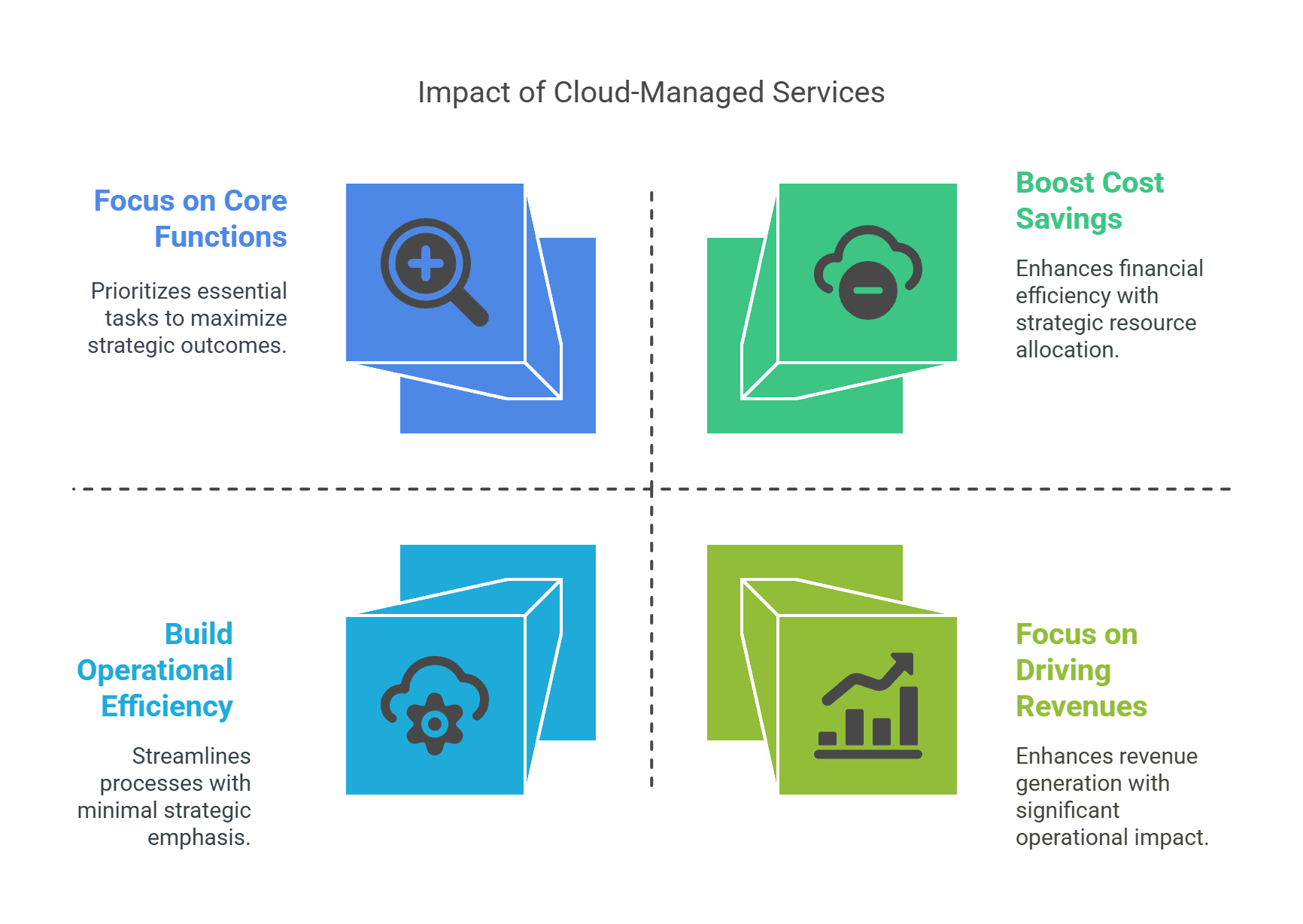
Impact of Cloud-Managed Services
Cloud service’s ROI (Return on Investment) manifests in several ways.
Here’s a look at four key advantages for businesses:
1. Dedicated Focus on Core Functions
With a dedicated cloud-managed services partner, in-house IT professionals can focus on performing their core functions, such as building products and services, rather than managing the cloud. They can optimize their time use and deliver on their business goals.
2. Build Operational Efficiency
When the cloud functions smoothly and effectively, businesses can optimize operational efficiency. They can build products and services faster, access data seamlessly and securely anytime and from anywhere, and bring deeper collaboration to processes.
3. Boost Cost Savings
Outsourcing this vital function to a cloud technology expert translates to efficient IT budgeting and significant cost savings. Businesses can dispense with startup, hiring, training maintenance, and technology upgrade costs. They can also reduce the potential for data-related incidents, which come at a significant financial cost.
4. Focus on Driving Revenues
Businesses can ensure operational continuity in all circumstances. They can respond to market opportunities swiftly and focus on driving revenues and boosting profitability.
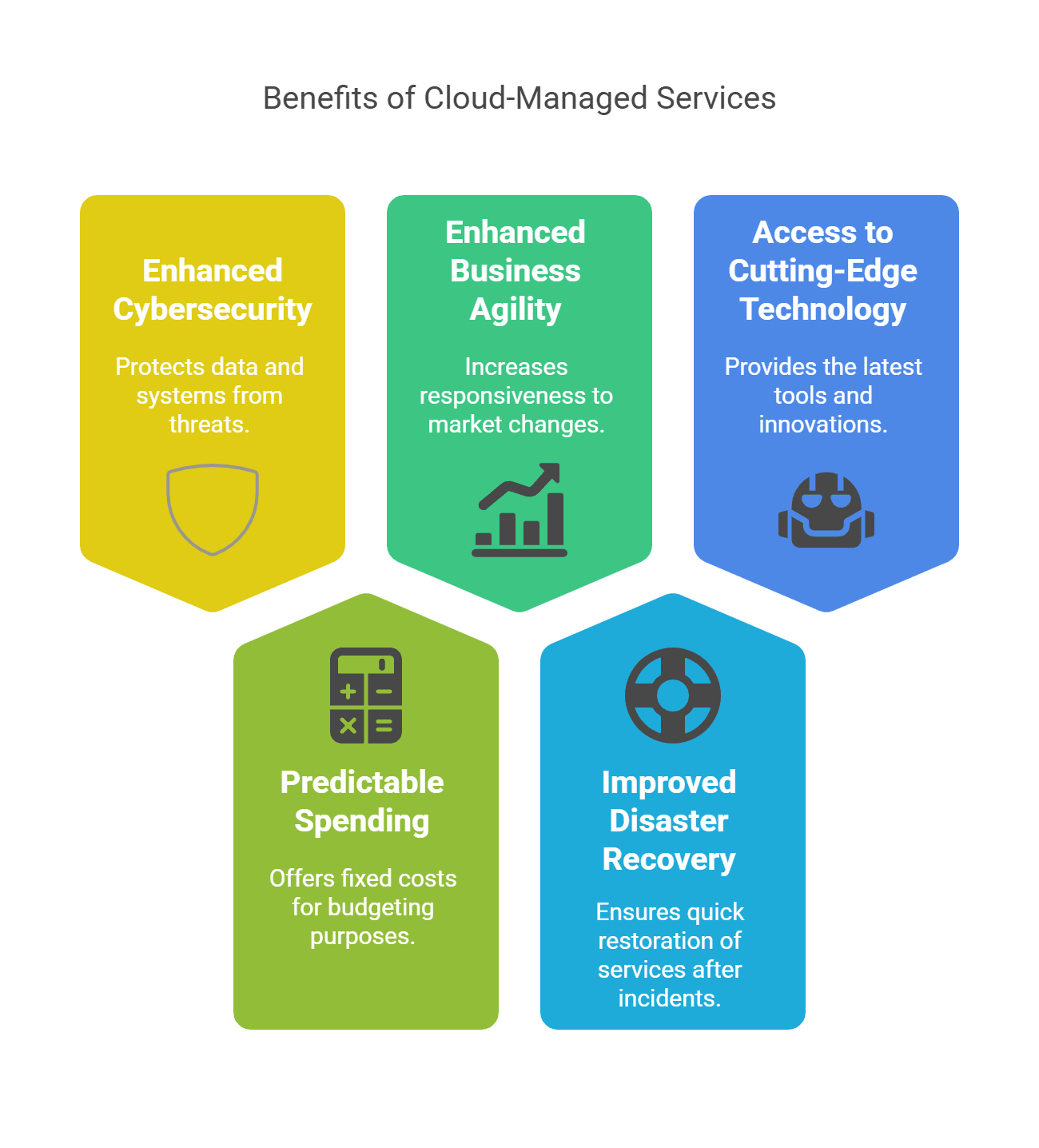
Benefits of Cloud-Managed Services
The core responsibility of cloud management platforms lies in ensuring optimal performance, security, and maintenance of a client’s cloud platform.
Here’s a snapshot of the top benefits of the top cloud-managed services for SMEs:
1. Enhanced Cybersecurity
Cybersecurity concerns are significant for businesses of all sizes. Nonetheless, SMEs often face threats due to their limited internal IT capabilities. Managed cloud services provide robust security features to protect valuable corporate information.
- Mitigating Security Risks with Expert Support: Cloud security managed services providers employ a group of security experts with experience navigating this intricate field. These experts actively implement security solutions to minimize vulnerabilities while continuously monitoring the most recent threats.
- Several-Layer Protection Against Cyberattacks: Cloud security managed services differ from typical firewalls and anti-virus software. Providers leverage their deep understanding of cloud infrastructure to identify and address potential security gaps, such as malware attacks and API vulnerabilities.
- Peace of Mind with 24/7 Monitoring and Support: The benefit of cloud-based managed services is round-the-clock security monitoring, which guarantees that any questionable activity is quickly discovered and dealt with. Small and medium-sized businesses may rest easy knowing that their network infrastructure and data are always safeguarded by outsourcing cloud-managed services.
2. Predictable Spending
Budgeting for IT infrastructure can be complex for SMEs, with unexpected expenses throughout the year disrupting financial planning. Managed cloud services offer a compelling solution through predictable, fixed-cost billing.
- Switching Out Expenses Up Front for a Flexible Spending Model: Normally, businesses handle their infrastructure by investing significant upfront capital in IT personnel, software, and hardware. The pay-as-you-go model for managed cloud services replaces the requirement for upfront payment. SMEs pay only for their cloud resources, so their monthly costs never change.
- Streamlined Operations and Lower Maintenance Costs: On-premise IT infrastructure has recurring maintenance expenses for staff training, software updates, and hardware repairs beyond the original expenditure. Cloud management systems manage these duties, freeing up internal IT resources and cutting associated costs.
- Improved Cost Management and Budgetary Control: With predictable monthly billing, SMEs gain greater control over their IT budget. By eliminating surprise costs and optimizing resource allocation, businesses can achieve greater cost transparency and make informed financial decisions.
3. Enhanced Business Agility
Agility is essential for small and medium-sized enterprises to succeed in today’s dynamic business world.
- Simplified Operations Provide a Quicker Time to Market: SMEs can struggle with a lack of resources, which makes it complicated for them to develop and swiftly provide new goods and services. Critical IT infrastructure responsibilities like server maintenance, security updates, and disaster recovery are handled by cloud-managed services, which relieves this strain.
- Scalability on Demand: Thanks to managed cloud solutions, SMEs may effortlessly scale up or down their cloud resources in response to changing business requirements. This removes the need for expensive initial investments in software and technology that can become outdated as the business expands.
4. Improved Disaster Recovery
One unanticipated incident or hack has the potential to disrupt operations and cause massive data loss altogether. Managed cloud security services provide a solid disaster recovery plan, protecting sensitive data and guaranteeing business continuity.
- Maintaining Business Continuity Despite Adversity: Unlike physical damage, cloud-based infrastructure is more resilient than on-premise data centers. Managed cloud service providers reduce the possibility of irreversible data loss by keeping globally dispersed backups that provide easy data retrieval.
- Expert Support for Data Restoration: Thanks to cloud-managed services, SMEs can more confidently combat ransomware threats and data breaches. To prevent such problems in the future, providers provide professional help with isolating compromised systems, restoring data from safe backups, and implementing strong security measures.
5. Access to Cutting-Edge Technology
Small and medium-sized enterprises can utilize managed cloud services to stay current with the latest innovations and compete with larger companies on an equal footing.
- Closing the Technology Divide: Small and medium-sized enterprises frequently do not have the means to commit to state-of-the-art IT infrastructure or internal IT employees with specific expertise. Cloud-based managed services help close this divide by allowing individuals to utilize cutting-edge cloud technologies.
- Future-Proofing Businesses for Growth: Cloud adoption is a critical step towards future-proofing any business. Partnering with a cloud-managed service provider enables small and medium-sized enterprises to utilize the newest technology without the responsibility of managing an internal IT team, encouraging them to concentrate on primary business operations and future development.
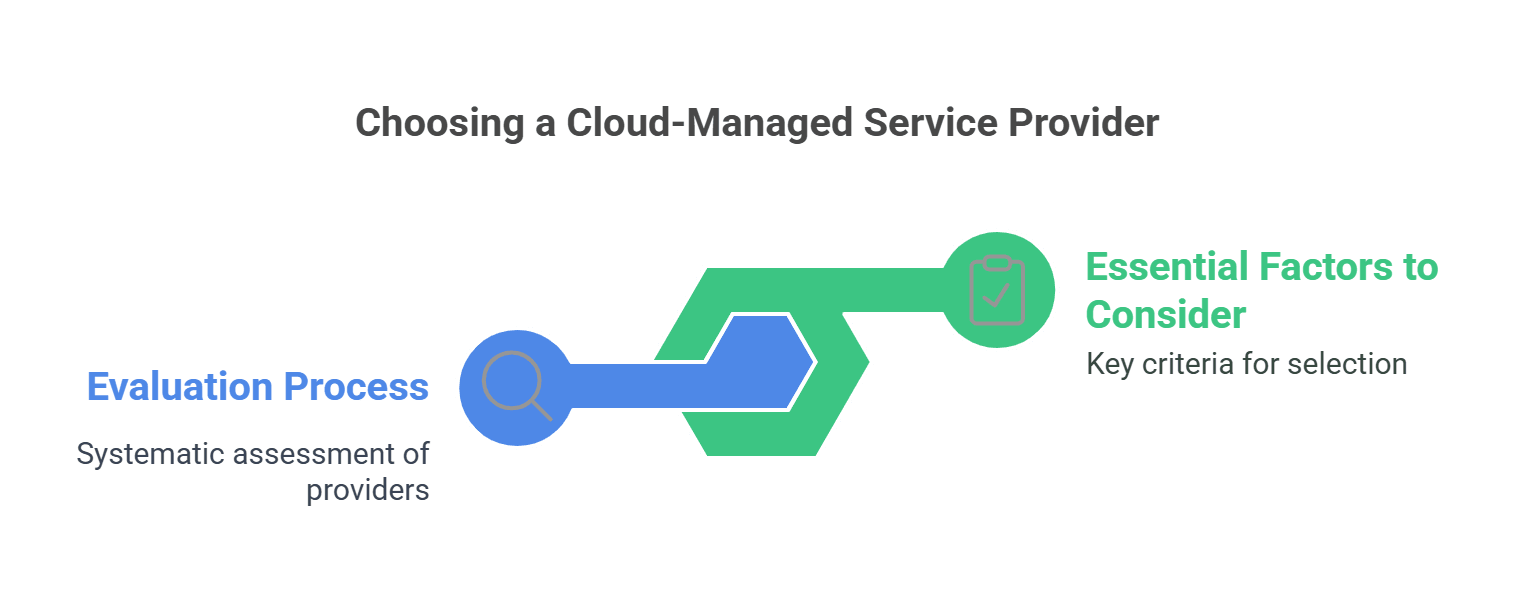
Selecting the Right Cloud-Managed Service Provider
Choosing the right cloud-managed service provider remains critical for the success of an IT plan.
1. Essential Factors to Consider
When choosing a cloud-managed service provider, consider the following factors:
- Services Offered: Ensure the provider offers the specific services your business needs
- Expertise and Experience: Look for providers with a proven track record in your industry
- Security Measures: Evaluate the provider’s security protocols and compliance certifications
- Pricing Structure: Understand the pricing model and ensure it aligns with your budget
- Customer Support: Assess the level and quality of support offered
- Scalability: Ensure the provider can accommodate your future growth
2. Evaluation Process
Create a comprehensive evaluation process to select the right provider. This process may include:
- Requesting detailed proposals from potential providers
- Checking references and case studies
- Conducting pilot projects to test capabilities
- Evaluating the provider’s financial stability and long-term viability
- Determining the fit of the organizational culture with the provider
Wrapping Up
By keeping costs low, businesses can optimize operations and become profitable. At the same time, they must ensure that they do not compromise on cloud management, which plays a vital role in any successful business operation. By adopting cloud-managed services, they can optimize costs while reaping the benefits of superior services.
If your business wants to optimize IT expenditure and balance costs with superior, seamless operations, consider partnering with Hurix Digital. Our expert team supports our cloud-managed services to ensure that you achieve both efficiency and excellence in your cloud strategy.
Get in touch with us to start a conversation today!

Vice President and Strategic Business Unit Head – Cloud Services
A top technology management voice on LinkedIn with 20 Years of experience in Information Technology, Cloud Services, Digital Transformation, Application Modernisation, Managed Services, IT Security Engineering and Operations Management. An avid technology Leader, Leadership Speaker, Author & Coach.
